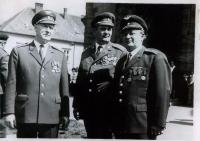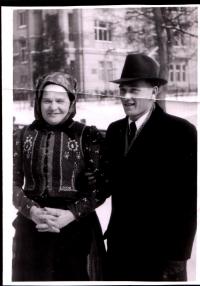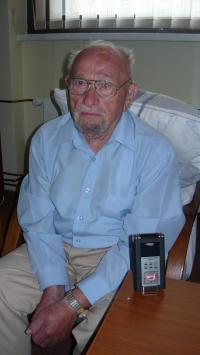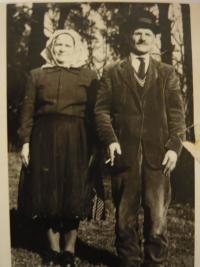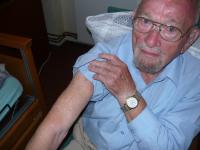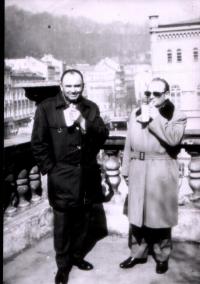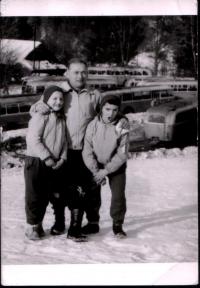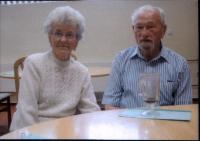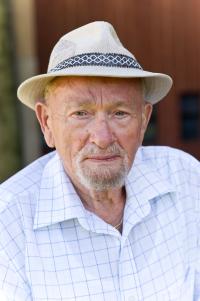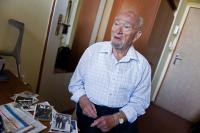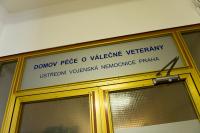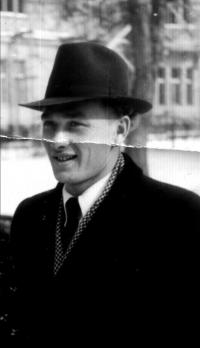Don´t shoot, he shouted. Bang, bang, and that´s it. What else would I do? If he had been in my situation, he would have done the same thing!
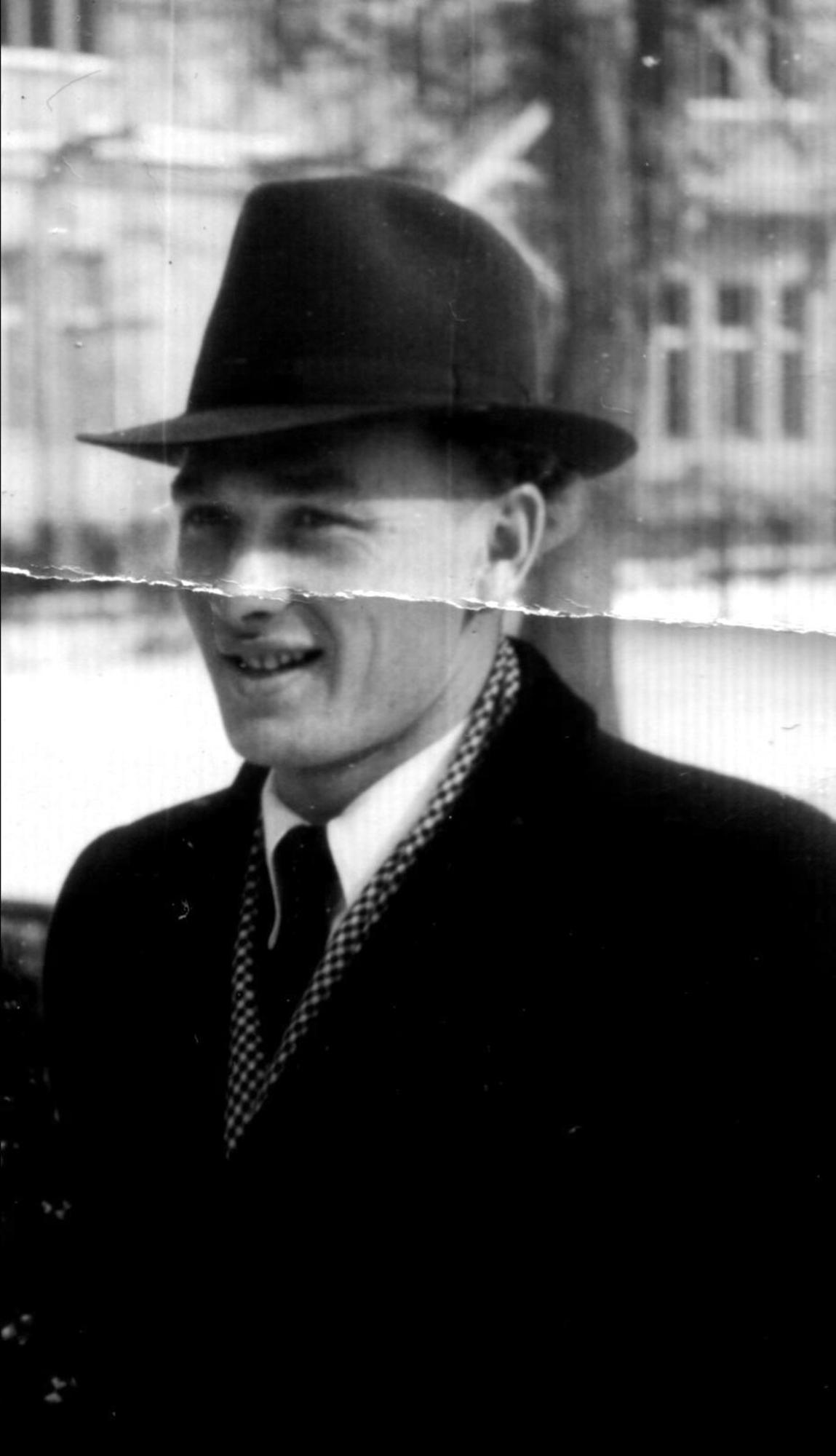
Stáhnout obrázek
Jan Bugel was born August 23rd, 1923 in Kalniště in Slovakia. In 1943 he complied with the draft and began compulsory military training in the Slovak army. In Zvolen he served first as a messenger in his unit, then as a batman to the column commander, and later to the German military supervisors of the division. In the summer of 1944 he is sent to Banská Bystrica, and ordered to transport horse carriages with military material to the mountains and the bunkers. At this point he becomes a part of the Slovak National Uprising. For four days he serves at the Tri Duby airport and then helps to publish the magazine of the rear service in the barracks in Zvolen. From here he also distributes firearms and ammunition to civilians during the Slovak mobilization. He takes part in the battle of Strečno, among others. During the dwindling uprising he attempts desertion but is apprehended near Poprad, arrested by a German patrol and held in jail in Sabinov. He escapes and joins the Slovak militia near Prešov. He joins the advancing Czechoslovak army on the eastern front, commanded by Colonel Svobod. Bugel serves with the field police, ´clears´ trenches, and apprehends escaping Germans. He becomes a commander of one part of an assembly camp for German soldiers. After the war, he works in Prague in the Tatra factory and becomes a member of the Social Democratic party. In the 1960s he becomes a professional in the army and serves at the airport in Pardubice, where he is in charge of a mobilization depot.
